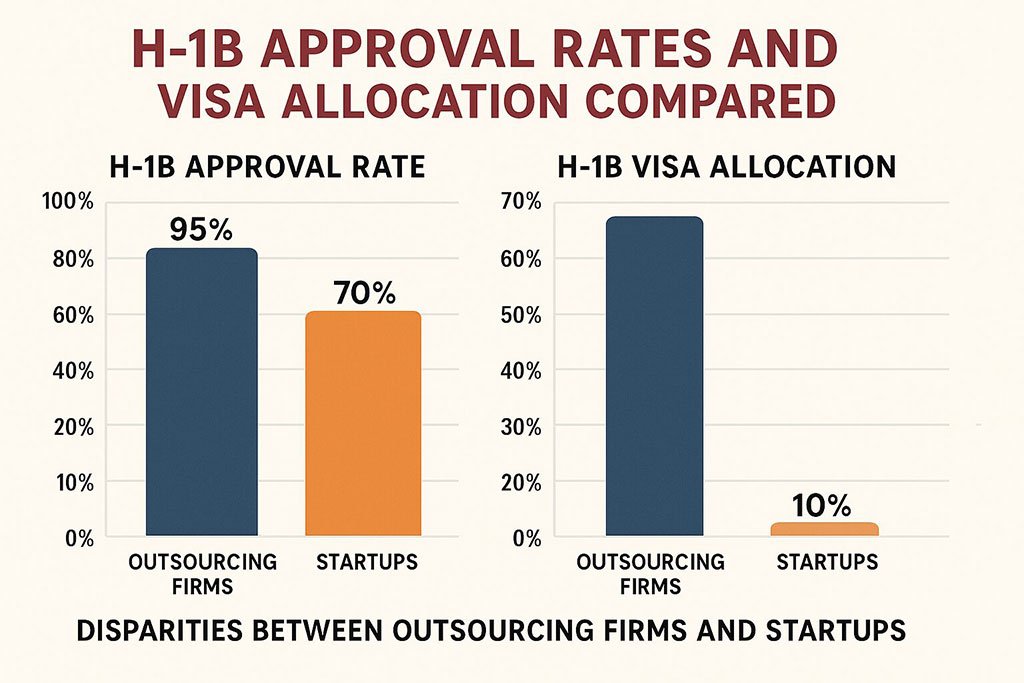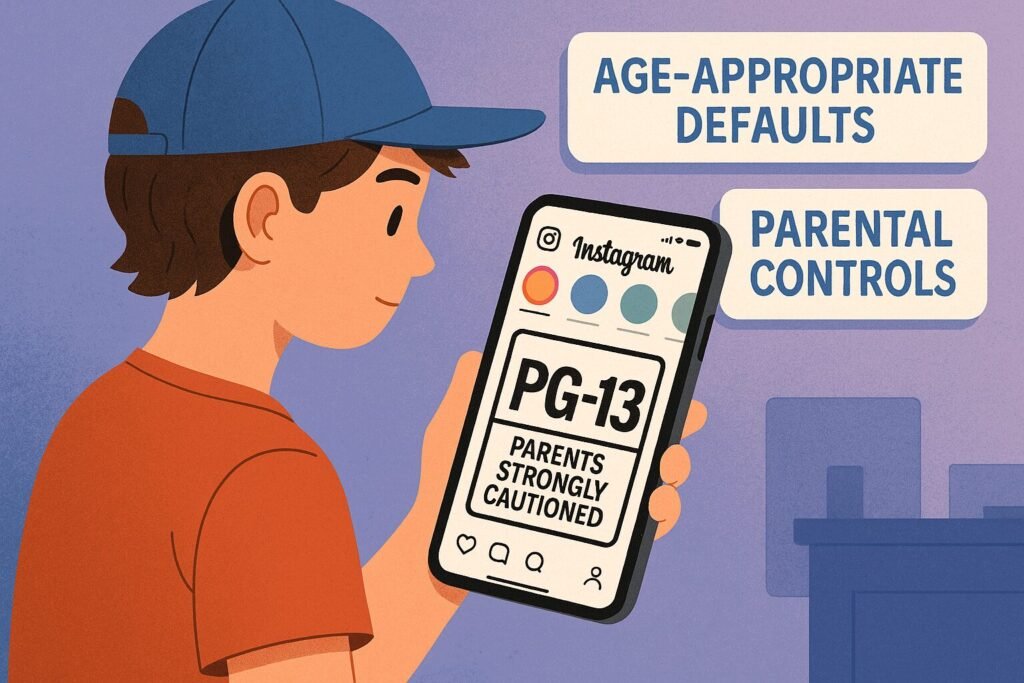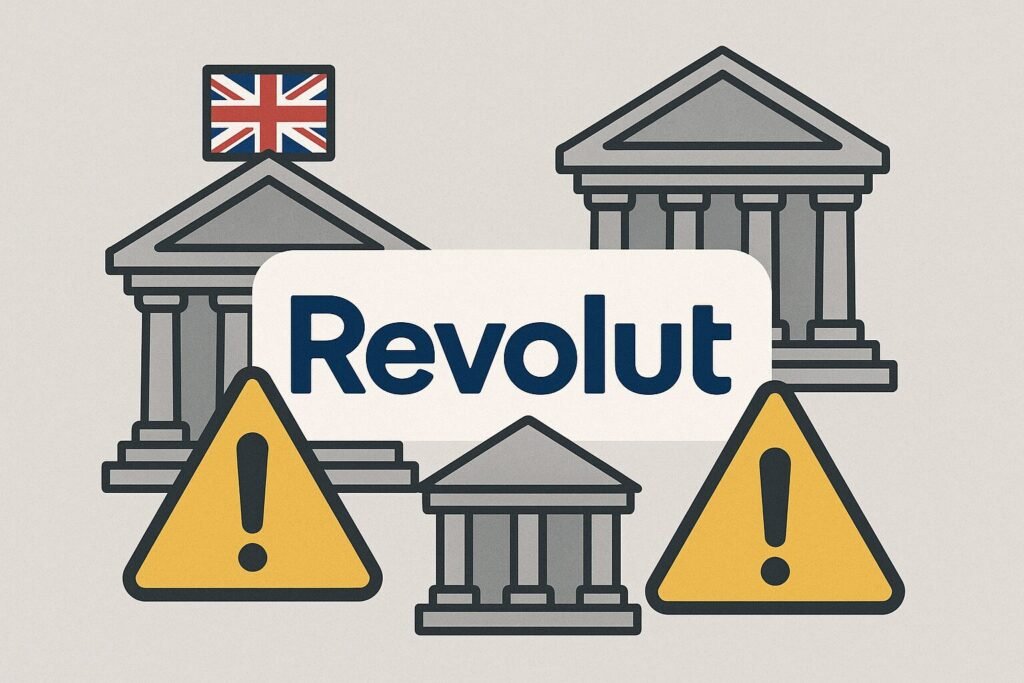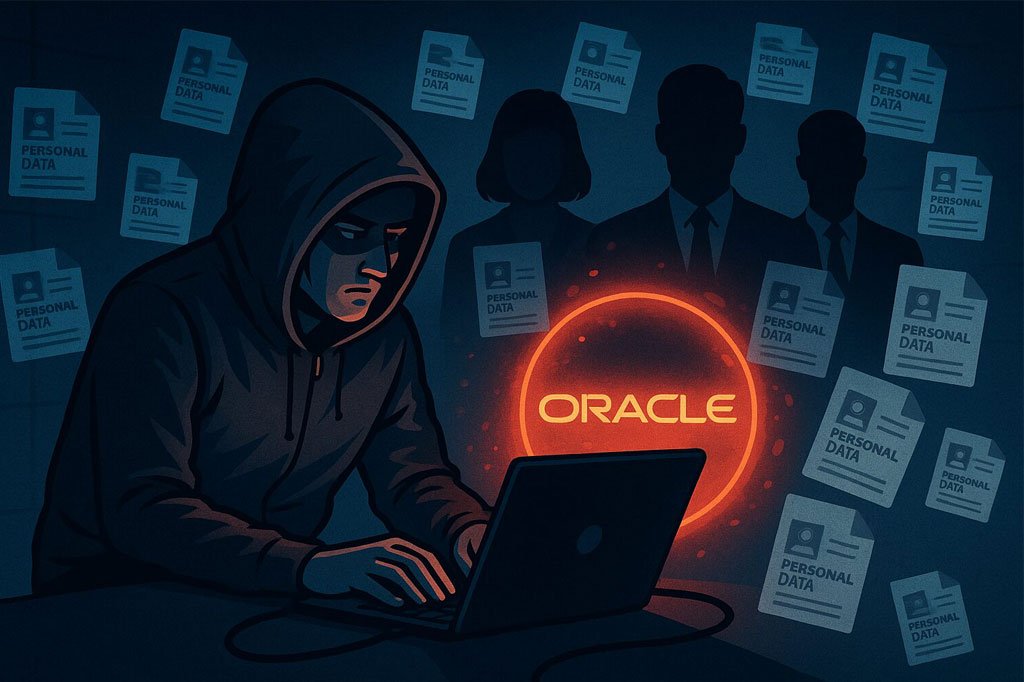Now Reading: New Indian Regulations Prohibit Real-Money Gaming Putting $23B Market at Risk
-
01
New Indian Regulations Prohibit Real-Money Gaming Putting $23B Market at Risk
New Indian Regulations Prohibit Real-Money Gaming Putting $23B Market at Risk
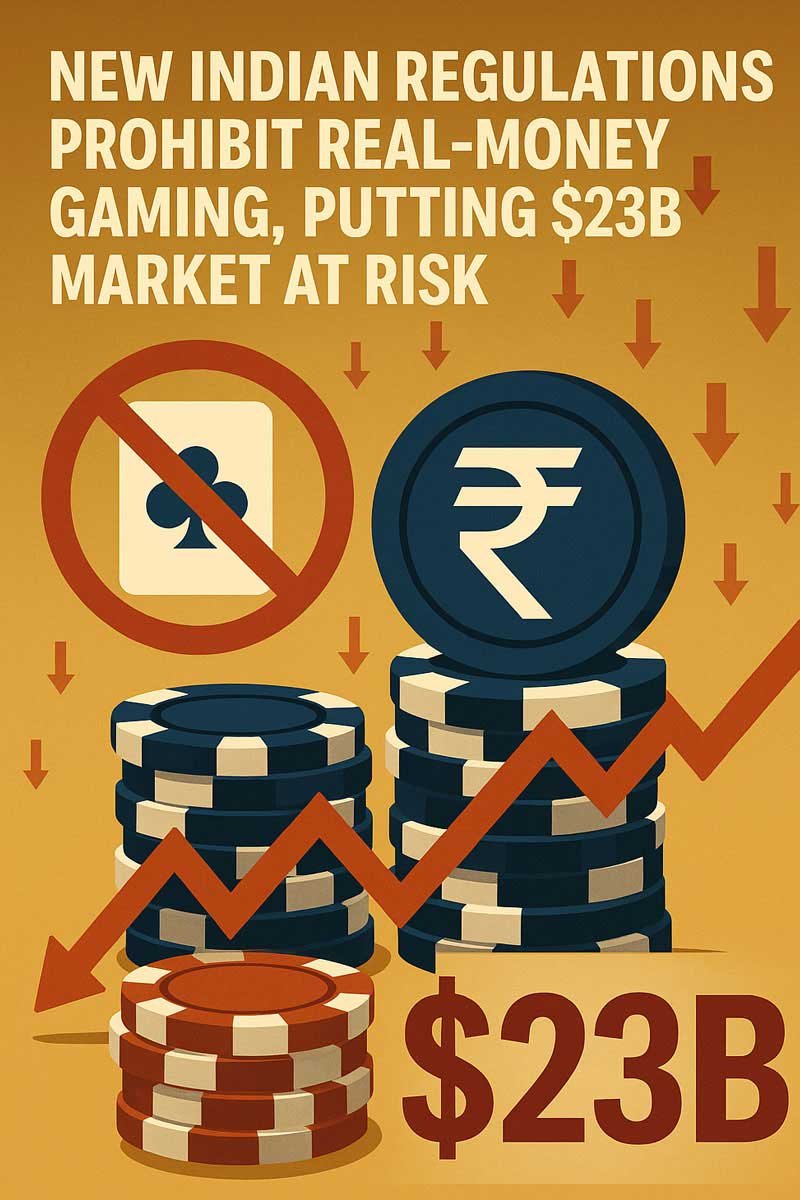
India’s Real-Money Gaming Ban
In a seismic shift for the Indian gaming industry, the government has introduced the Promotion and Regulation of Online Gaming Bill, 2025, a legislative move that imposes a blanket ban on real-money gaming (RMG) platforms, irrespective of whether they are skill-based or chance-based. This proposed law, which has already passed the Lok Sabha, threatens to upend a burgeoning $23 billion market that has been a cornerstone of India’s digital economy. With over 450 million online gamers and a sector that supports significant job creation and tax revenue, the implications of this ban are profound. This article delves into the details of the new regulations, their potential impact on the industry, and the broader economic and social consequences.
The Scope of the New Regulations
Blanket Prohibition on Real-Money Gaming
The Promotion and Regulation of Online Gaming Bill, 2025 explicitly prohibits all online games involving real-money stakes. This includes popular skill-based formats like fantasy sports, rummy, and poker, which were previously deemed legal by various Indian courts due to their reliance on skill rather than chance. The legislation also bans advertisements promoting RMG platforms and restricts banks and financial institutions from processing transactions related to these activities. Violators face severe penalties, including up to three years of imprisonment and fines of up to ₹10 million (approximately $115,000) for operators, while celebrities and influencers endorsing such platforms could face up to two years in jail and fines of ₹5 million (around $57,000).
Creation of a Central Regulatory Authority
The bill proposes the establishment of a central regulatory authority to oversee the gaming industry. This body will be tasked with registering games, identifying real-money formats, and ensuring compliance with the new law. Unlike the earlier self-regulatory framework proposed by the Ministry of Electronics and Information Technology (MeitY) in 2023, which aimed to foster industry collaboration, this new authority will have centralized control, signaling a shift toward stricter government oversight.
National Security and Social Concerns
The government has justified the ban by citing national security and social concerns. These include the potential for RMG platforms to facilitate money laundering, terror financing, and illicit fund transfers through digital wallets and cryptocurrencies. Additionally, the government has highlighted issues like gaming addiction and financial ruin among users, particularly young people, as key drivers for the legislation. The Home Ministry has played a significant role in shaping the bill, emphasizing the need to protect public interest over economic gains.
Economic Impact on the $23 Billion Industry
Revenue and Tax Losses
The Indian gaming industry, valued at approximately $23 billion, has been a significant contributor to the economy, generating $3.5 billion in annual revenue and contributing over ₹25,000 crore (approximately $3 billion) in taxes. The sector’s growth trajectory was impressive, with a projected compound annual growth rate (CAGR) of nearly 20% and an expected market size of $9 billion by 2029. However, the proposed ban threatens to wipe out these gains. Industry estimates suggest that the government could lose ₹20,000 crore annually in tax revenue if the ban is enforced, as legitimate operators shut down and users migrate to unregulated offshore platforms.
Job Losses and Investment Risks
The RMG sector supports over 200,000 direct and indirect jobs, including roles in engineering, game design, animation, and content creation. The ban could lead to widespread layoffs, with industry leaders warning that companies like Dream11, Games24x7, MPL, and WinZO may be forced to wind down operations. Additionally, the sector has attracted ₹25,000 crore in foreign direct investment (FDI), with major investors like Tiger Global and Peak XV backing Indian gaming startups. A blanket prohibition could result in significant write-offs, deterring future investments and stifling innovation in the industry.
Rise of Offshore Operators
One of the most significant concerns raised by industry stakeholders is the potential for users to shift to unregulated offshore platforms. These platforms, often based in tax havens like Malta or Curaçao, operate with weak Know Your Customer (KYC) protocols and lack anti-money laundering safeguards. A survey conducted by Public Response Against Helplessness & Action for Addressal (PRAHAR) in Telangana, where RMG has been banned for eight years, found that 94% of players continue to access offshore or illicit apps via VPNs and Telegram groups. This migration not only undermines the government’s regulatory efforts but also leads to an estimated $2.5 billion annual loss in tax revenue due to offshore operators dominating nearly 80% of the RMG market.
Industry and Legal Pushback
Constitutional Challenges
The gaming industry is gearing up for a legal battle, arguing that the blanket ban violates constitutional protections. For over seven decades, Indian courts, including the Supreme Court, have distinguished between games of skill and games of chance, ruling that skill-based games like rummy and fantasy sports are legitimate business activities protected under Article 19(1)(g) of the Constitution, which guarantees the right to trade and business. Industry leaders contend that the new law’s failure to differentiate between skill and chance-based games is arbitrary and disproportionate, making it vulnerable to being struck down in court.
Industry Advocacy
Major gaming industry associations, including the E-Gaming Federation (EGF), All India Gaming Federation (AIGF), and Federation of Indian Fantasy Sports (FIFS), have voiced strong opposition to the bill. In a joint letter to Home Minister Amit Shah, these organizations warned that the legislation could “strike a death knell” for the industry, driving users to unsafe offshore operators and costing the economy billions. They argue that a regulatory approach, similar to models in the UK, US, and Australia, would be more effective in addressing concerns while preserving the industry’s economic contributions.
Political Criticism
Congress MP Karti Chidambaram has criticized the bill for its lack of industry consultation, warning that it risks pushing financial transactions to the dark web and driving legitimate businesses offshore. He has called for the bill to be referred to a select committee for further review, highlighting the need for a balanced approach that protects users without dismantling a thriving industry.
Social and Consumer Implications
Risk to Consumers
With over 155 million Indians engaging in RMG in 2024, the ban could expose millions of users to fraud and addiction risks by pushing them toward unregulated platforms. These platforms often lack consumer protections, such as grievance redressal mechanisms and responsible gaming measures, increasing the likelihood of financial losses and exploitation.
Impact on Responsible Gaming
Industry leaders argue that legitimate RMG platforms have implemented robust KYC norms, anti-money laundering measures, and responsible gaming initiatives to mitigate addiction and financial risks. A blanket ban could undermine these efforts, as offshore operators are less likely to prioritize user safety. The absence of regulated platforms may also exacerbate addiction issues, as users turn to illicit apps with no oversight.
Opportunities for Non-Money Gaming and E-Sports
While the ban poses significant challenges for the RMG sector, the government has expressed a commitment to promoting e-sports and non-money gaming as legitimate competitive activities. The bill encourages the development of original intellectual property (IP) and “Make in India” games, which could drive innovation in casual gaming and e-sports. Industry players like nCore Games and Ginger Games have welcomed this focus, seeing it as an opportunity to build sustainable business models centered on creativity and monetization through non-money formats.
The Promotion and Regulation of Online Gaming Bill, 2025 represents a dramatic pivot in India’s approach to online gaming, prioritizing national security and social concerns over economic gains. While the government aims to curb addiction, money laundering, and other risks, the blanket ban on real-money gaming threatens to dismantle a $23 billion industry that has been a significant driver of jobs, investment, and tax revenue. The potential migration of users to unregulated offshore platforms raises questions about the effectiveness of the ban, while legal challenges loom large due to the bill’s failure to distinguish between skill and chance-based games. As the industry braces for an uncertain future, stakeholders are calling for a balanced regulatory framework that protects consumers while fostering innovation and growth in India’s gaming ecosystem.







